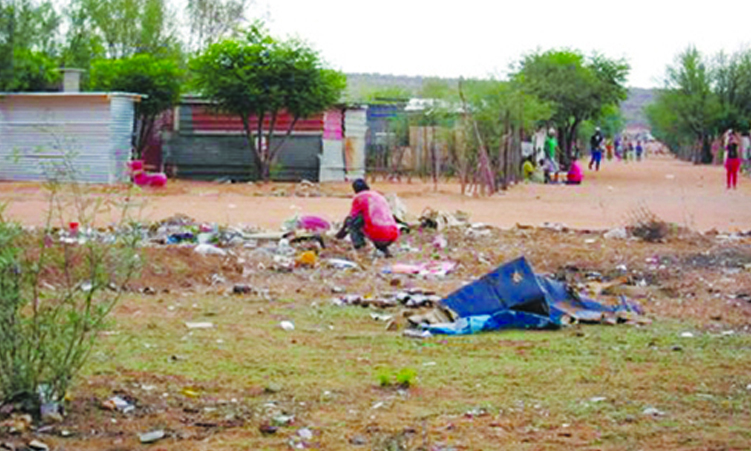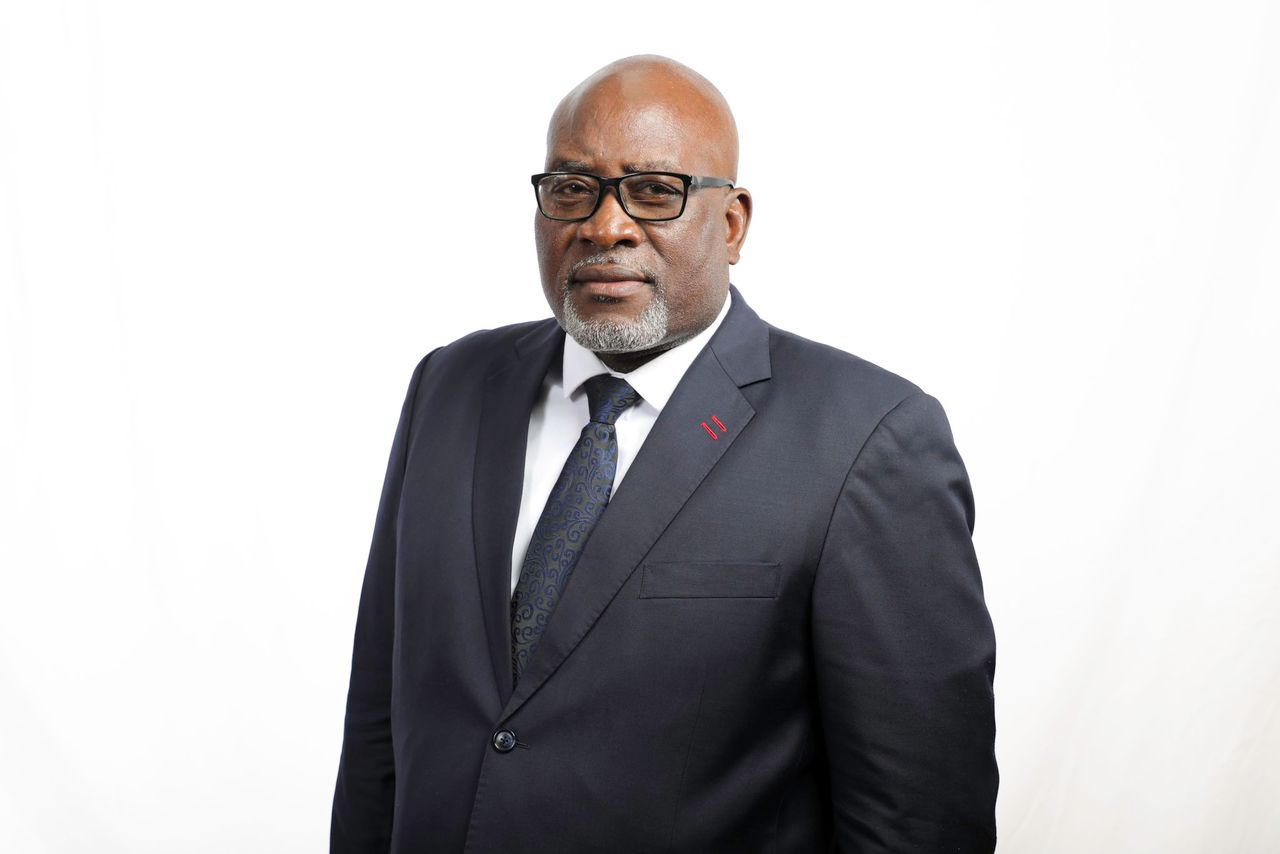At least 43% of Namibians use river beds, plastic bags or containers to dispose of human waste.
Basic census mapping reports for 2019 to 2021 indicate that 23% of these Namibians are from urban areas, while 65% live in rural areas.
Rachel Odede, the United Nations ‘s Children’s Fund representative in Namibia, says the country faces a sanitation challenge mostly in rural areas, yet in the Khomas region 21% of residents practise open defecation.
Odede this weekend took part in the Samora Machel and Moses //Garoëb constituencies celebrating being open defecation-free.
“With the inevitable rapid influx of people leaving rural areas in search of a better life, local authorities cannot keep up with the demand of providing basic services,” she said.
“For the past four years the Samora Machel community has taken up the important call to stop the practice of open defecation, and 1 052 households have become open defecation-free through community-led total sanitation programmes,” she said.
Odede said this programme has trained 68 young people to establish sanitation and hygiene projects.
She thanked the community for reducing hepatitis E.
European Union (EU) ambassador Sinikka Antila said open defecation also reduces dignity and respect.
“Everyone has the right to use clean and safe toilets without fear of shame or embarrassment,” she said.
Antila said the EU is in support of eradicating open defecation and improving access to safe and sustainable sanitation.
In Namibia the European Union has provided a grant of roughly N$7 million to develop and support the objective of improving sanitation in informal settlements at 10 towns.
“The EU has pledged to support universal access to safe and affordable sanitation and hygiene services by 2030,” she said.
Community activist Edward Sheefeni said the community-led total sanitation programme has brought about huge change.
“We had hepatitis E, and it dropped significantly,” he said.
The deputy executive director of water affairs at the Ministry of Agriculture, Water and Land Reform, Elijah Ngurare, at the event said the country is not doing well regarding sanitation coordination.
“The ministry has embarked on practical efforts aimed at scaling up the construction of sanitation facilities countrywide,” he said.
Ngurare said the ministry has been mandated to provide rural communities and resettlement farmers access to drinking water, and to contribute towards the provision of improved sanitation services to all beneficiaries of its programmes and projects.
“During the Covid-19 pandemic, we collaborated with the ministries of education, arts, sport and culture to connect over 200 schools to water sources across the country.
“Recently, the ministry received an additional list of over 160 schools requiring water and sanitation,” he said.
Ngurare said through the Namibia Water Sector Support Programme the ministry will construct sanitation facilities at 56 schools, 15 clinics across the country, and public places such as Kongola, Mururani, Oshivelo and Verda.
Stay informed with The Namibian – your source for credible journalism. Get in-depth reporting and opinions for
only N$85 a month. Invest in journalism, invest in democracy –
Subscribe Now!






